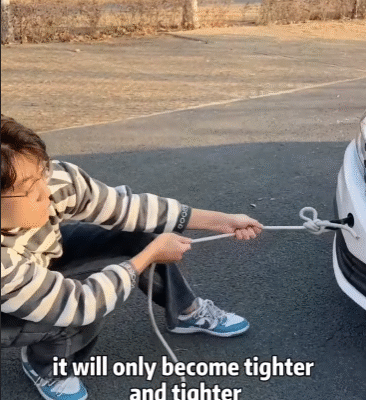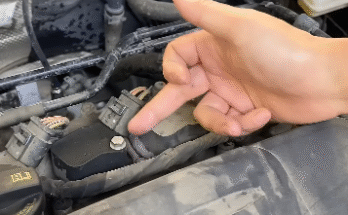
Accidents happen. Whether you’re a cautious driver or someone who enjoys a bit of speed, one wrong move, a moment of distraction, or even someone else’s error can leave you facing a pile of bent metal and a sinking feeling in your chest. That’s exactly what happened to me.
A few weeks ago, I wrecked my car. Not totaled, thankfully—but badly enough that the repair shop quoted me a $3,000 bill. As I stared at the estimate, a million thoughts raced through my mind. Is it worth it? Should I just sell the car as-is? Should I buy a new one? Should I even keep driving?
Let me walk you through what happened, what I learned, and what I’m still trying to decide
The Accident
It was an average Tuesday morning. I had just dropped my coffee in the cup holder, the radio was humming a familiar tune, and I was mentally planning my day. I came around a curve a little faster than I should have and didn’t notice the truck in front of me had stopped for a turning car. By the time I hit the brakes, it was too late.
The crunch was sickening. My hood folded, the front bumper cracked, the headlights shattered, and smoke started seeping from the engine. Thankfully, nobody was hurt, but the damage was obvious. My car, my daily companion, looked like it had been through a war.
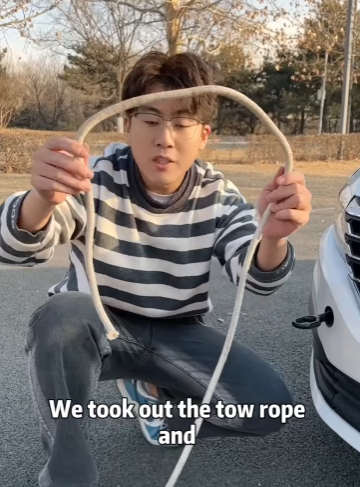
The Repair Estimate
I had the car towed to a trusted auto shop. After a couple of days, the mechanic called.
“Hey, I’ve got your estimate ready. It’s going to be around three grand.”
Three thousand dollars. I felt my heart drop. That’s not pocket change for most people, and certainly not for me. The repairs included a new hood, bumper, radiator, headlights, and some internal engine work. Labor alone accounted for nearly half of it.
I asked if the car was totaled. He said no, not officially. The insurance company agreed—the value of the car was just enough that repairing it made sense. But did it really?
What’s the Car Worth?
My car is a 2015 Honda Civic with 110,000 miles on it. It’s been reliable, gets good gas mileage, and still looks pretty decent—well, it did, before the accident.
A quick check on Kelley Blue Book gave me a resale value of around $7,000 in good condition. After the accident, without repairs, the value dropped to just under $2,000. So in theory, if I spend $3,000 on repairs, I’ll restore about $5,000 worth of value. On paper, that makes sense.
But it’s not always that simple.
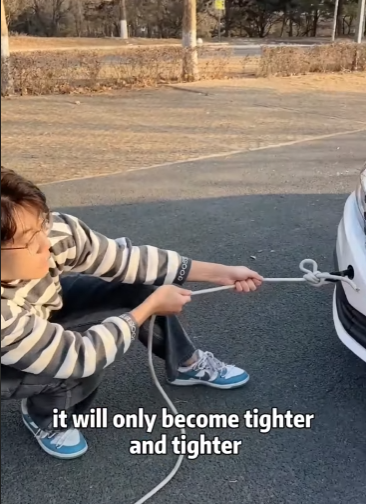
Should I Repair or Replace?
Here’s what I considered when weighing the decision:
- Cost of a New Car: Buying a new or even used vehicle right now is expensive. Car prices are still high, and even a decent used car would cost me at least $10,000. That’s money I don’t have lying around.
- Insurance: My current insurance premiums are manageable. If I buy a new car, especially one financed through a loan, my insurance cost could jump significantly.
- Reliability: Before the crash, my car was in great mechanical shape. If the repairs are done well, there’s no reason it couldn’t run for another 50,000–100,000 miles.
- Emotional Value: This car has been with me through cross-country road trips, late-night food runs, and stressful commutes. It’s more than just a machine—it’s part of my life.
- Down the Line Repairs: The accident may have caused hidden damage. Even if the car gets fixed now, will more problems start showing up in a few months? That’s a risk I had to factor in.
I Asked Around
I decided to ask a few friends and family members what they thought.
My dad, who’s always practical, said, “If the car’s not totaled and it’s cheaper than buying something else, fix it. Three grand is a lot, but a new car will cost way more.”
My best friend chimed in with, “Honestly, I’d get something newer. What if you put in that money and it breaks again?”
Then there was my coworker, who recently spent $1,500 on car repairs and regretted it. “If you’re gonna pay that much,” he said, “you might as well put it toward something more reliable.”
Even Reddit forums had mixed opinions—some swearing by the “repair over replace” mantra, others arguing that once a car’s been in an accident, it’s better to move on.

My Decision
After a few sleepless nights and lots of budgeting spreadsheets, I made my choice: I’m going to repair the car.
It came down to a few simple reasons. First, I don’t have $10,000 to drop on a new (or even used) car. Financing is an option, but I don’t want to be locked into a loan right now. Second, I know this car. I’ve maintained it well, I trust it, and I don’t want to start over with an unknown vehicle. Finally, the math works—sort of. If I fix it for $3,000 and it lasts me another two to three years, that’s a win.
I did take some extra steps to be smart about it. I got a second opinion on the repairs and negotiated the labor costs slightly. I also asked the mechanic to inspect the car thoroughly for any other signs of damage, so I won’t be hit with another surprise down the road.
What I’ve Learned
This whole experience taught me a few things I wish I’d known before.
- Have an Emergency Fund: Accidents can happen anytime. A repair bill like this without any savings can wreck your finances too.
- Consider Gap Coverage or Comprehensive Insurance: If your car is worth a lot and still being paid off, insurance options matter.
- Get Multiple Repair Quotes: Prices can vary more than you think.
- Don’t Rush the Decision: It’s emotional, yes, but this is a financial choice too. Think it through.
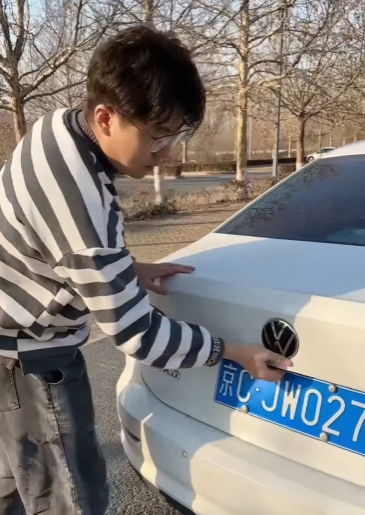
So, Was It Worth It?
Ask me again in six months. For now, it feels like the right decision. My car is getting fixed, I didn’t go into debt, and I avoided the headache of car shopping and financing in a tough market. If it keeps running strong and doesn’t give me any major issues, then yes—it was worth it.
But if something else breaks down in the near future? I might change my mind.
In the end, every situation is different. The value of a car goes beyond bluebook numbers. It’s about reliability, finances, and peace of mind. For me, putting $3,000 into repairs felt like a bet worth taking.
What do you think? Would you have fixed it—or walked away?
